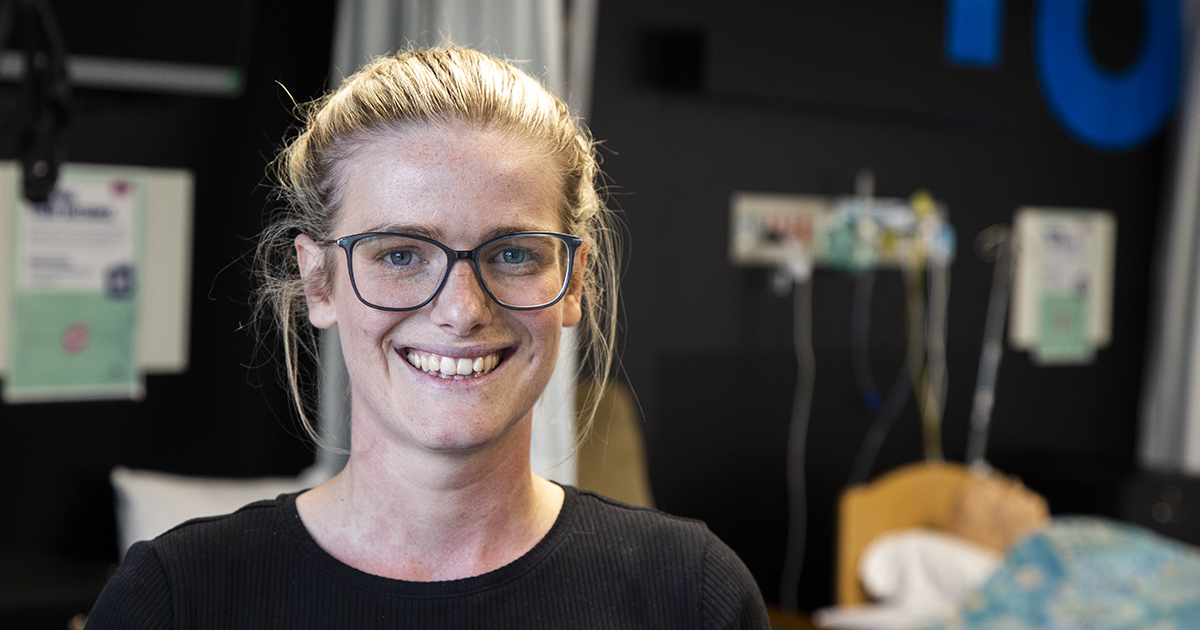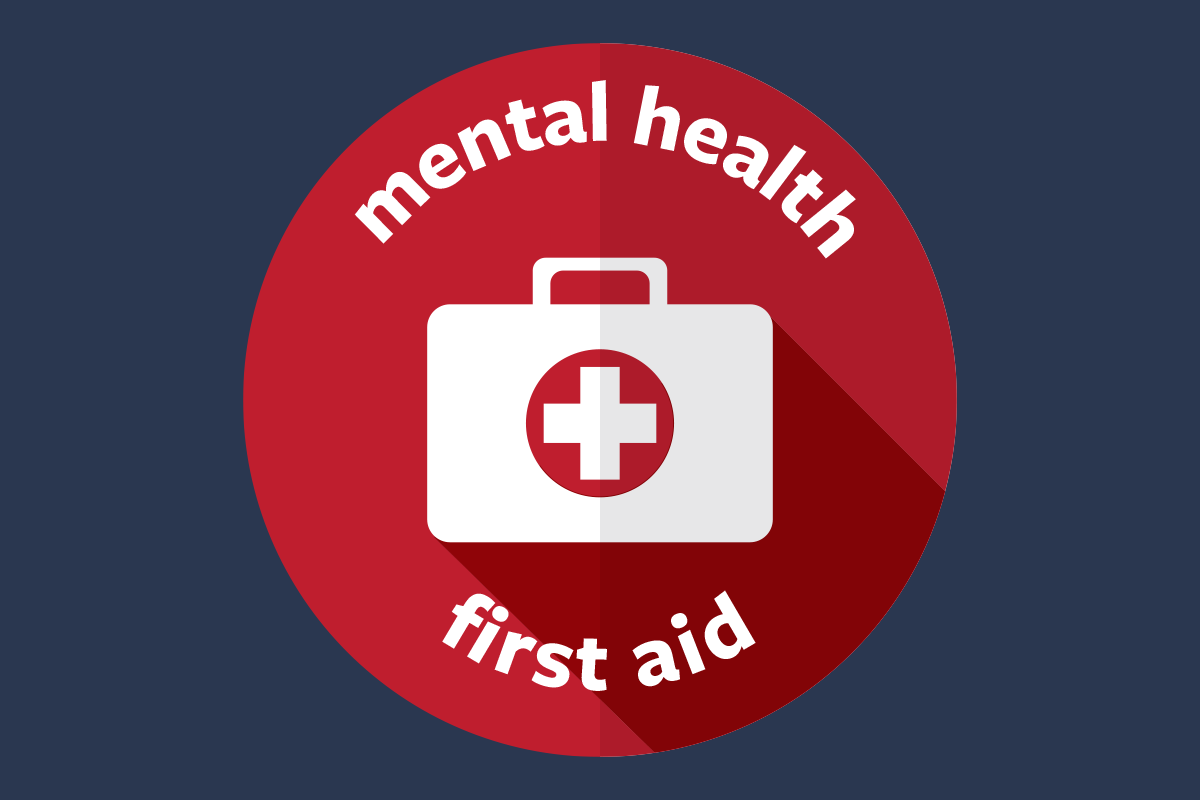
ED nurse Belle Connor
Nursing and midwifery offer a wide variety of career paths. Just because you’re unsuited to one specialisation doesn’t mean you won’t thrive in another. Or maybe you’ve achieved all you can in one area and want a career change. In this series we profile nurses and midwives talking about their career.
Profile: ED nurse Belle Connor
Belle Connor has been an ED nurse for seven years in a metropolitan public hospital. She has been an ANMF Job Rep since 2018.
Tell us about how your career progression
As a student I was passionate about becoming an emergency department (ED) nurse. In my third year I received a scholarship which gave me the opportunity to have my preceptorship placement in ED. This led to a rotation in ED during my graduate year with Monash Health. Afterwards I completed my transition to specialty practice (TSP) program to gain specific ED nursing skills.
What attracted you to become an ED nurse?
The excitement of the environment in the emergency department always appealed to me. You never know what is going to happen next. The unpredictable and dynamic team environment is something you will not get the opportunity experience elsewhere.
Did you undertake any extra study/CPD to qualify?
I undertook a TSP then a graduate certificate to improve my knowledge of the pathophysiology behind patient presentation. I am now completing a masters. Undertaking further study after your graduate year assists in your career progression through the emergency department.
What can a typical day be like?
No day is the same.
Generally, you hit the ground running when you start your shift. You’ll find full cubicles and patients on stretchers waiting for beds so their care regimes can begin.
There are competing priorities with different patients that have many care needs. This is where your prioritisation and time management skills become imperative.
Any advice for students or graduates who might consider your area?
Be open to new challenges and experiences, don’t be afraid to asked for help and support if you get an ED rotation.
What have been some career highlights?
Coming to work with my highly skilled colleagues from many disciplines that share the same passion for looking after critically unwell patients. In 2020 I was successful in gaining my clinical nurse specialist (CNS) classification. This increased my ability to participate in department policy making and running the RUSON portfolio which has been thoroughly rewarding.
How do you deal with the bad days?
I debrief with my colleagues on shift. We bounce off each other and reflect on what happened during our shift. This helps us move forward and come back to work refreshed for the next shift.
What are the best things about being an ED nurse?
The constant challenge, having to think on my feet and respond to multiple deteriorating patients at once. It’s a privilege to be with my patients when they are at the most vulnerable.
Tips if you’re interested in becoming an ED nurse
- Get as much experience as you can working on the wards during your graduate year to gain a grounding in medication management and general patient care. The more presentations you have experience in, the more knowledge you will have working in emergency.
- If you’ve completed your graduate year in one of the larger public or private health services, you will be able to apply for a supported transition to practice program. You won’t need to complete a rotation in ED during your grad year.
- The College of Emergency Nursing Australasia (CENA) defines the Practice Standards that provide the benchmark for emergency nursing and offers CPD opportunities including online educational resources, including links to blogs and podcasts and run a Trauma Nursing Program (TNP).
- Undertake CPD on basic life support skills with ANMF Education Centre and/or Australian Resuscitation Council – most emergency departments require nurses to have ALS accreditation.
- The ANMF (Vic) Branch Library has various online library resource guides, including ones on career development and leadership
- ANMF offers Fee Grants for members wanting to study a postgraduate or post-registration qualification in areas of demand, including the graduate certificate/diploma in critical care nursing (ICU/ED/NICU). You can apply for up to 80 per cent of tuition costs or 40 per cent for those with a Commonwealth supported place. The Victorian government and other organisations also offer awards or scholarships.




